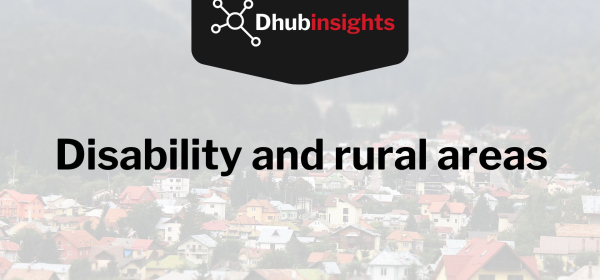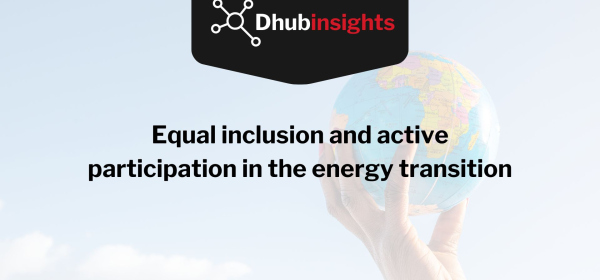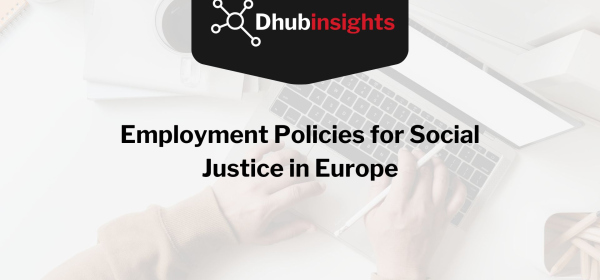Employment policies play a vital role in promoting social justice and reducing inequality in Europe. With the goal of creating fair and equal opportunities for all workers, European countries have implemented various policies to protect workers' rights, ensure their well-being, and promote diversity and inclusion in the workplace. In this article, we will discuss some of the key employment policies that have been implemented across Europe to promote social justice.
Equal Opportunities
Equal opportunities policies are aimed at ensuring that all workers have access to the same opportunities for employment, training, and career progression, regardless of their race, ethnicity, gender, age, disability, or any other characteristic protected by law. In Europe, the principle of equal treatment is enshrined in various EU and national laws, such as the EU Charter of Fundamental Rights and the European Convention on Human Rights. In addition, many European countries have implemented affirmative action policies, such as quotas and diversity targets, to promote gender and ethnic diversity in the workplace.
Living Wages
Living wage policies are designed to ensure that workers receive a wage that is sufficient to cover their basic needs and enable them to live with dignity. In Europe, many countries have implemented minimum wage laws to protect workers from exploitation and ensure they receive a fair wage. Some countries have also implemented living wage policies, which aim to go beyond the minimum wage by taking into account the cost of living in different regions and sectors. In addition, some European countries have introduced policies to promote collective bargaining and trade union rights, which can help workers negotiate better wages and working conditions.
Workplace Diversity and Inclusion
Workplace diversity and inclusion policies are designed to promote a workplace culture that is welcoming and inclusive of all workers, regardless of their background. These policies can include measures such as unconscious bias training, diversity and inclusion committees, and employee networks for underrepresented groups. In Europe, many companies have also implemented policies to promote work-life balance, such as flexible working arrangements and paid parental leave, which can help support a diverse and inclusive workforce.
Paid Time Off
Paid time off policies are designed to ensure that workers have the right to take time off for personal or family reasons, without fear of losing their job or income. In Europe, many countries have implemented paid vacation and sick leave policies, as well as parental leave policies that provide paid time off for new parents. Some countries have also implemented policies to promote work-life balance, such as flexible working arrangements and part-time work.
Fair Labor Standards
Fair labor standards policies are designed to protect workers from exploitation and ensure they receive fair pay and working conditions. In Europe, many countries have implemented labor laws that set minimum standards for wages, hours of work, and working conditions. These laws often include provisions for overtime pay, rest periods, and health and safety regulations. In addition, some European countries have implemented policies to protect vulnerable workers, such as migrant workers and those in the gig economy, by providing them with greater legal protections and access to social benefits.
Conclusion
In conclusion, employment policies play a crucial role in promoting social justice and reducing inequality in Europe. By promoting equal opportunities, living wages, workplace diversity and inclusion, paid time off, and fair labor standards, these policies can help ensure that all workers are treated fairly and equitably, regardless of their background or characteristics. As such, employers and policymakers should strive to adopt policies that reflect their commitment to social justice and equity in the workplace, and work together to create a fairer and more inclusive society for all.










